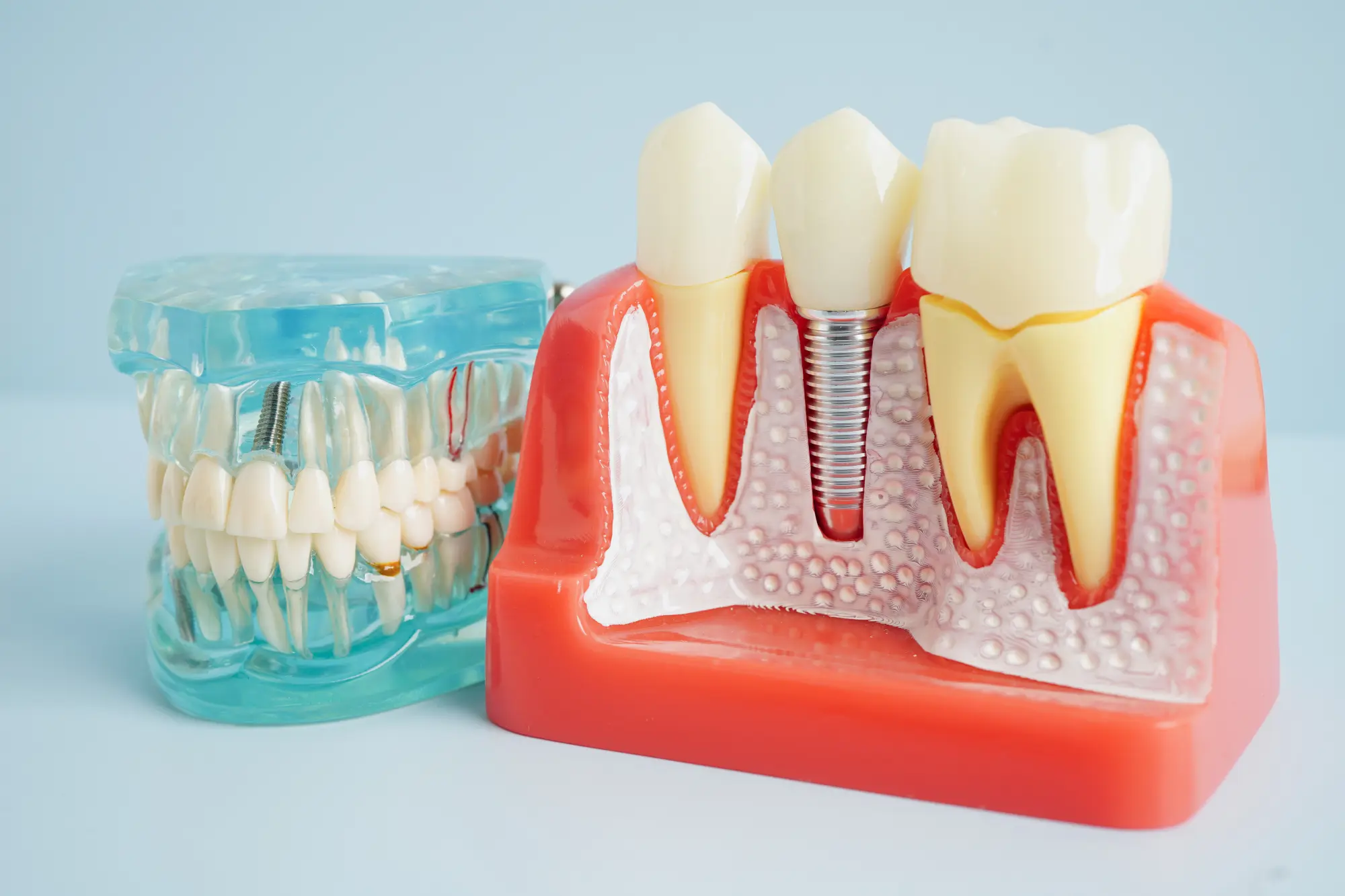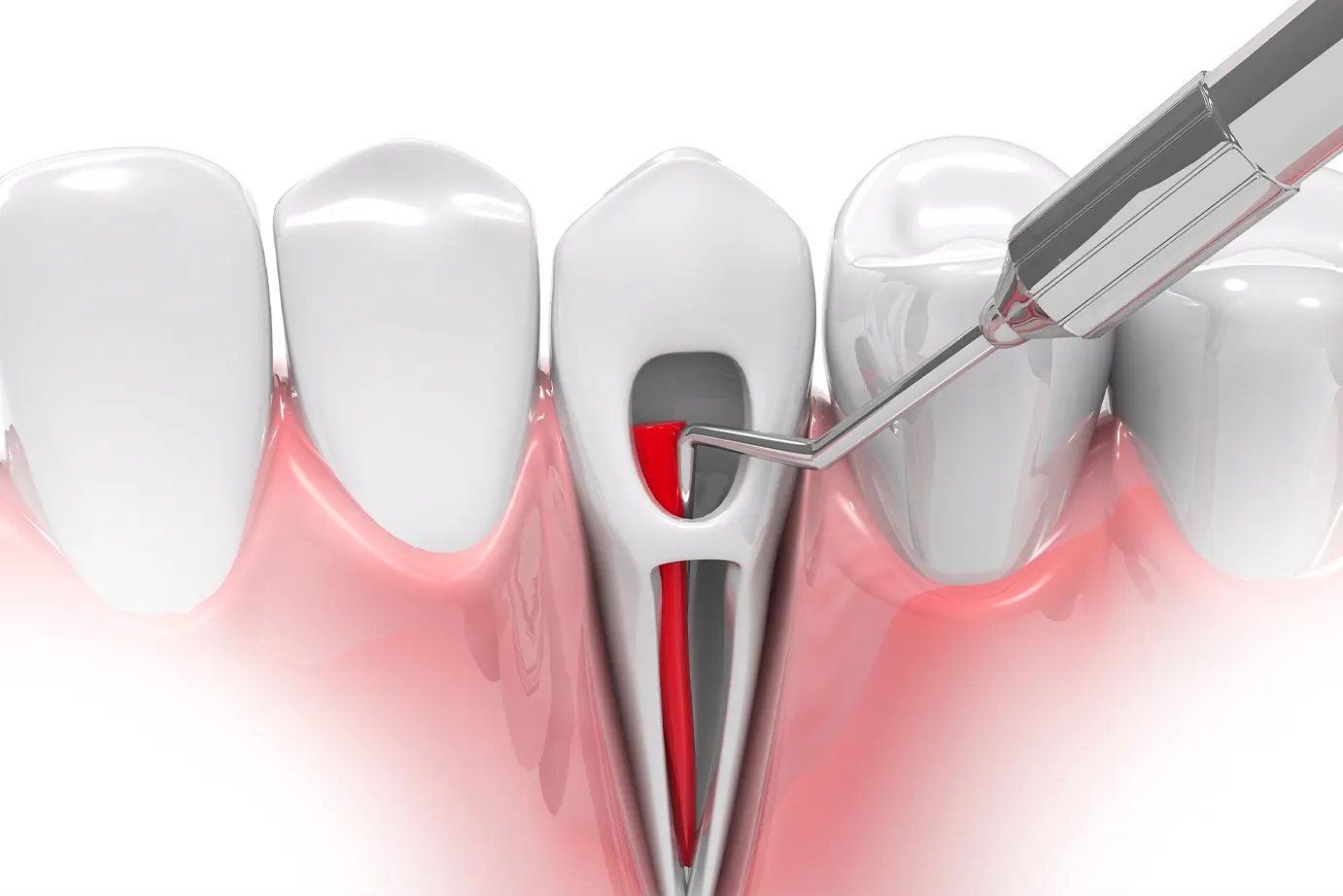
How Long Should You Wait to Exercise After Tooth Extraction
Undergoing a tooth extraction can be a daunting experience, but ensuring a smooth recovery is paramount to getting back to your daily routine, including exercise. Many patients are eager to return to their fitness regimen post-extraction, but it is crucial to understand the appropriate timeline to prevent complications.
In this blog, we'll explore the ideal waiting period before resuming exercise and the factors that influence your recovery. Whether you're a seasoned athlete or a casual exerciser, knowing when and how to safely return to physical activity can make all the difference in your healing journey.
Understanding the Healing Process
The healing process after a tooth extraction involves several stages, each critical to ensuring a full recovery. Immediately after the extraction, your body begins to form a blood clot in the socket to protect the bone and nerves underneath. This initial clotting is crucial to prevent dry socket, a painful condition caused by the dislodgement of the clot. Here are key points to consider:
- The first 24-48 hours are vital for clot stabilization.
- Swelling and discomfort typically peak within the first 48 hours.
- Complete healing of the extraction site can take several weeks.
Understanding these stages can help you gauge when it might be safe to resume physical activities.
Risks of Exercising Too Soon
Jumping back into exercise too quickly after a tooth extraction can lead to several complications. The increase in heart rate and blood pressure during exercise can cause the blood clot to dislodge, leading to excessive bleeding or dry socket. Other potential risks include:
- Increased swelling and pain at the extraction site.
- Delayed healing due to physical strain.
- Potential for infection if the site is not adequately protected.
These risks highlight the importance of allowing your body adequate time to recover before resuming your workout routine.
Guidelines for Resuming Exercise
While individual recovery times vary, there are general guidelines to help you determine when it might be safe to start exercising again. Consider the following:
- Light activity, such as walking, can usually be resumed within 3-5 days post-extraction.
- Moderate exercise, like cycling or yoga, is typically safe after one week, provided there are no complications.
- High-intensity workouts or heavy lifting should be avoided for at least two weeks or until cleared by your dentist.
Always consult with your dental professional before resuming any exercise regimen to ensure it aligns with your specific healing progress.
Listening to Your Body
One of the most important aspects of returning to exercise after a tooth extraction is listening to your body. Pay attention to any signs of discomfort or unusual symptoms, such as increased pain or bleeding, and adjust your activities accordingly. Remember that:
- Rest is an essential component of recovery.
- Hydration and proper nutrition aid in the healing process.
- Gradually increasing intensity can prevent setbacks.
By being mindful of your body’s signals, you can safely transition back to your fitness routine without compromising your recovery.
Book Your Appointment with Urban Smiles in Mountain View, CA
Ready to ensure a smooth recovery and get back to your active lifestyle? At Urban Smiles, Dr. Ethel Rios and her experienced team are here to guide you through every step of your post-extraction journey. Whether you have questions about recovery or need a personalized plan for resuming exercise, we're here to help. Contact us today at (650) 386-1335 to schedule your appointment in Mountain View, CA, and take the first step towards optimal oral health and wellness.
Related Posts

How Long Does It Take to Get a Full Set of Permanent Dental Implants?
Full mouth dental implants replace all missing teeth in the upper, lower, or both arches using surgically placed titanium posts and lifelike restorations.

Root Canals: Separating Painful Myths from Modern, Gentle Reality
At Urban Smiles in Mountain View, CA, Dr. Ethel Rios and her team are redefining the root canal experience, focusing on comfort, precision, and compassionate care.

Dental Implants: Separating Myths from the Facts About Permanent Tooth Replacement
One of the biggest misconceptions we hear is that getting dental implants is an extremely painful experience.

